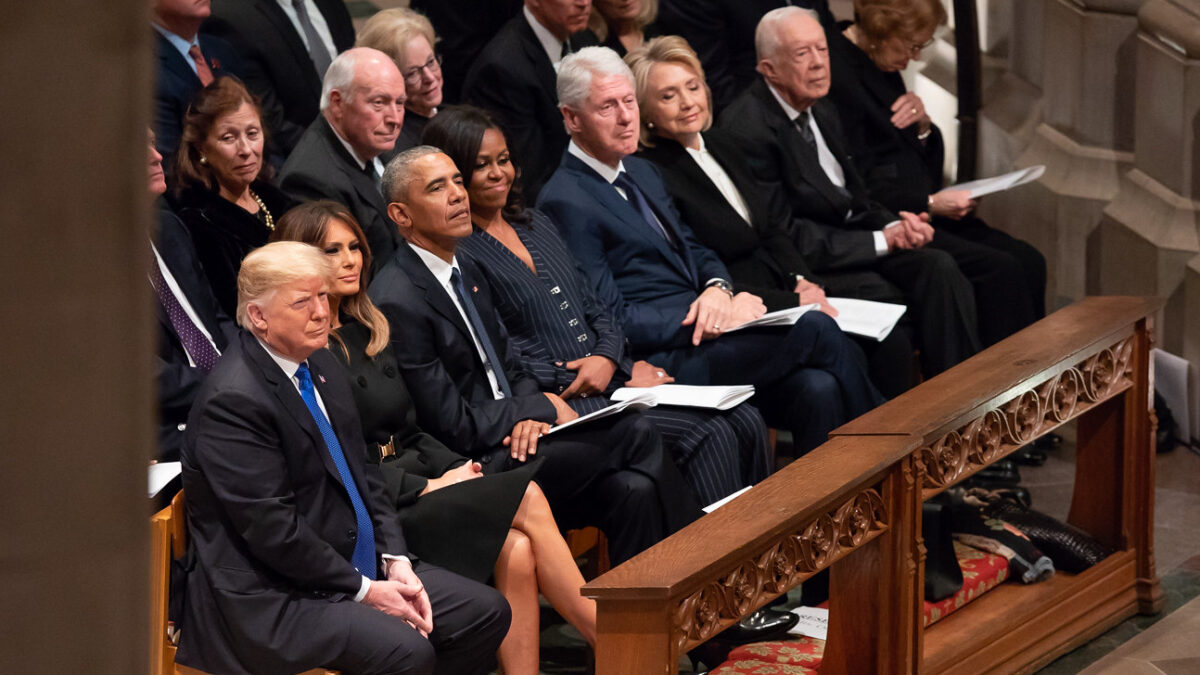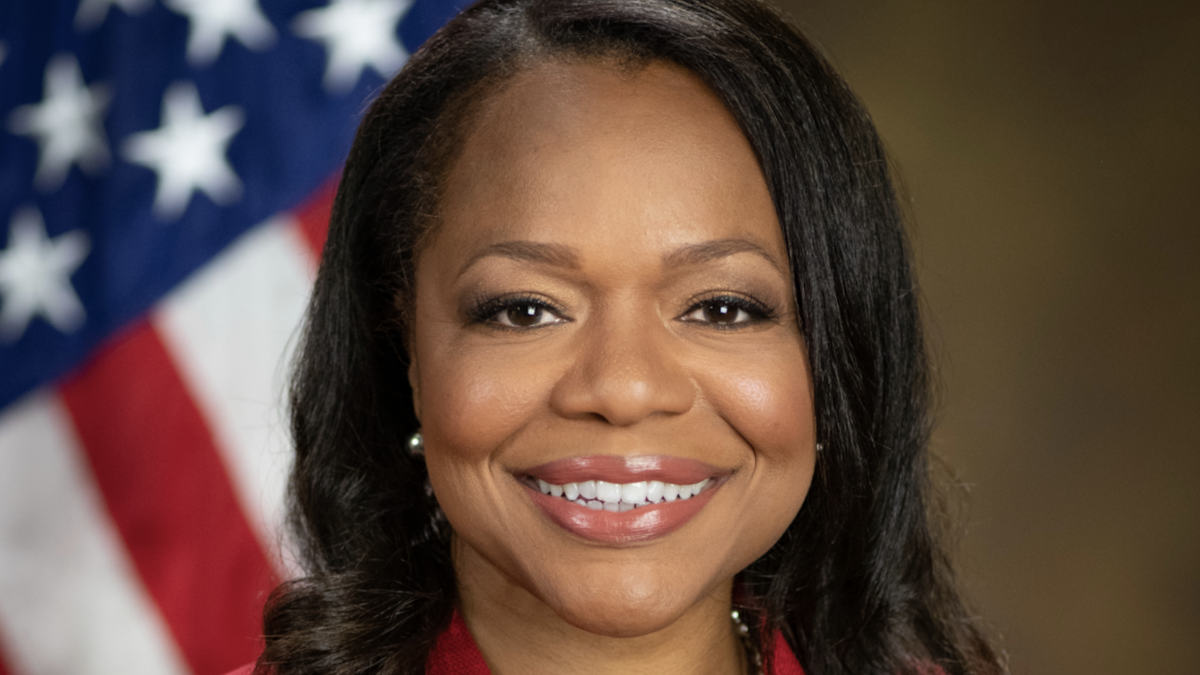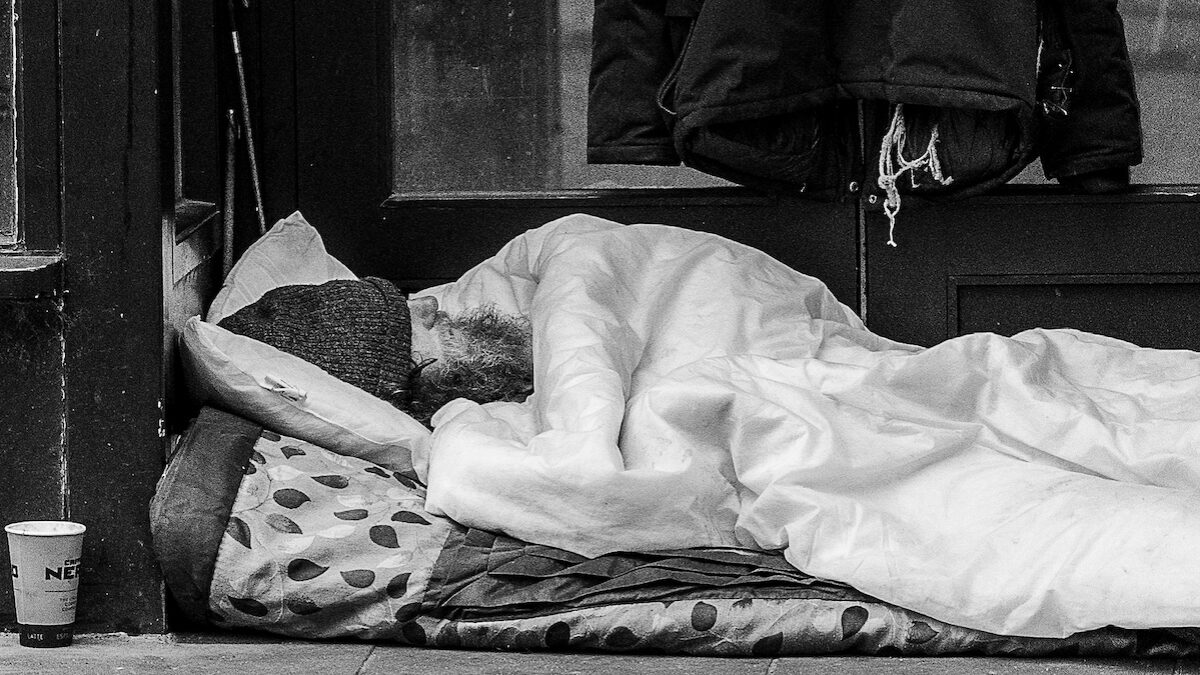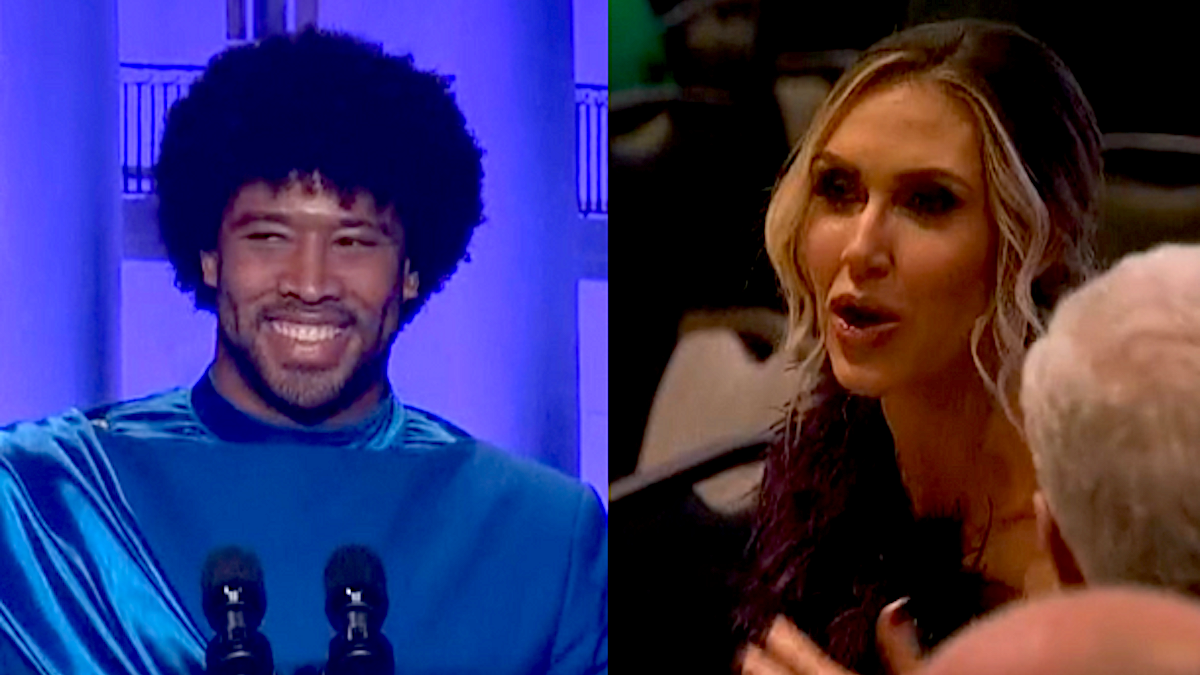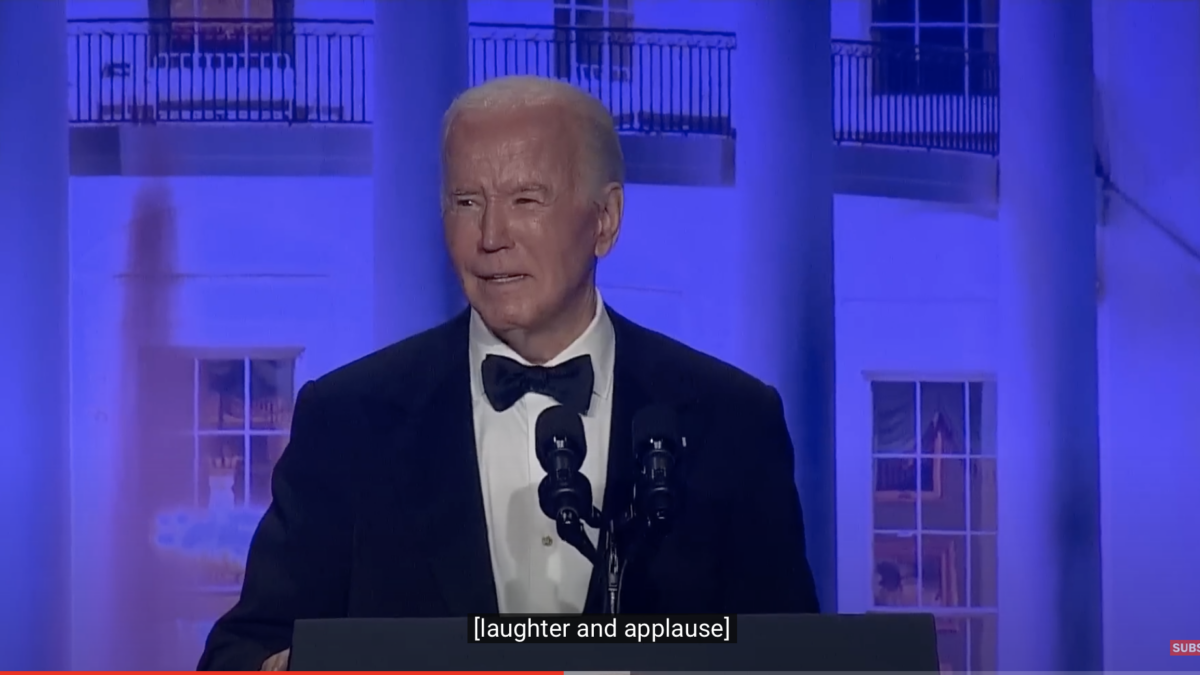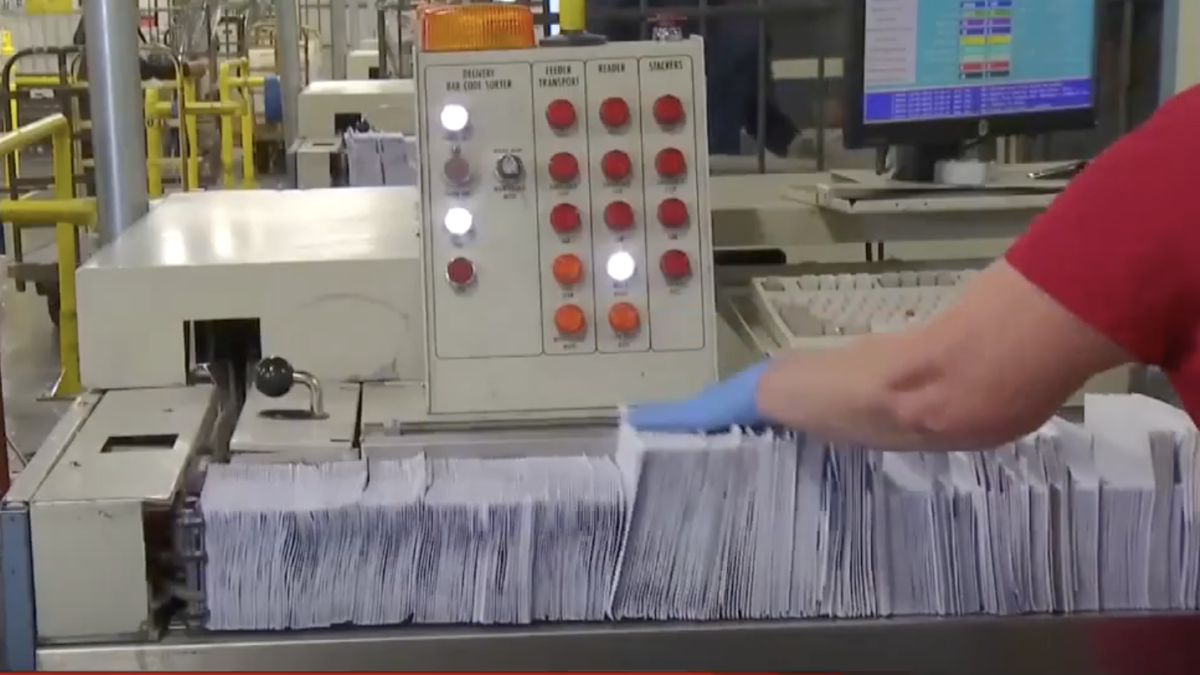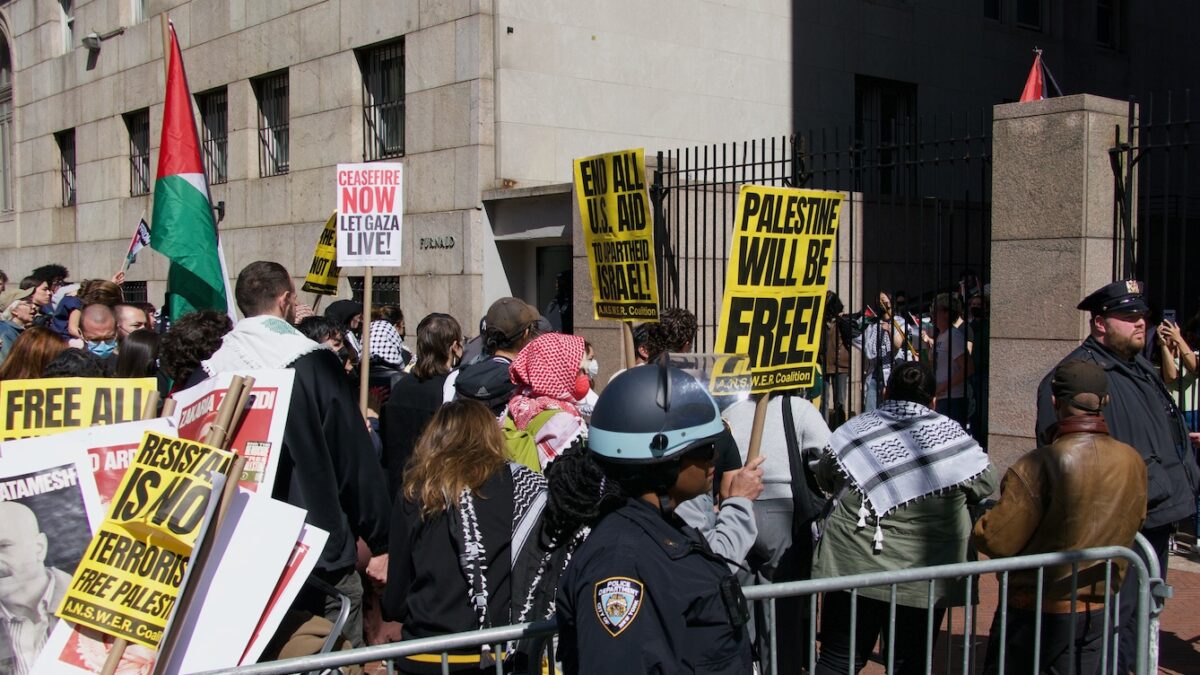Manhattan District Attorney Alvin Bragg, egged on by corporate media activists who think this moment should have come years ago, is apparently prepping to make his office the first in history to prosecute and potentially arrest a U.S. president. If muddled questions of personal or campaign payments are truly criminal matters, as Bragg suggests by rallying a grand jury, campaign finance offenders such as failed presidential candidate Hillary Clinton and former President Barack Obama should have felt the wrath of the legal system years ago.
In a move heavily denounced by Republicans such as Speaker of the House Kevin McCarthy, Bragg has devoted the time he should spend keeping violent criminals off of the city’s streets to instead go after former President Donald Trump for using his personal lawyer at the time to pay $130,000 to pornographer Stormy Daniels shortly before the 2016 election.
A potential federal case against Trump about this payment was previously put to bed by the Department of Justice, and both Bragg’s predecessor and Bragg himself had previously decided not to pursue the case. Even then-chairman of the Federal Election Commission Bradley Smith agreed that while the payments to Daniels were “unseemly,” they were not necessarily criminal.
The decision to not charge Trump with violations angered Democrats and their allies in the FEC, who wanted nothing more than to lead the partisan persecution of the former president.
Now, Bragg is expected to resurrect arguments that the money Trump’s lawyer Michael Cohen apparently used to cover up an alleged affair from the aughts was technically an unreported campaign donation designed to keep Daniels’ account of the encounter from influencing the election.
An offense of that nature is often classified as a misdemeanor with no serious ramifications other than fines. If Trump’s suggestion that he could be arrested this week is any indication, however, Bragg seems intent on ratcheting up his prosecution of the former president to a felonious level.
As legal scholar Jonathan Turley recently noted for The Hill, the only way Bragg could charge Trump with a felony and arrest him is by showing that, under Section 175, Trump had “intent to defraud includes an intent to commit another crime or to aid or conceal the commission thereof.” Even then, the statute of limitations for most viable charges ended two years ago and the five-year statute of limitations for an arrestable felony “could be hard to establish.”
“It is extremely difficult to show that paying money to cover up an embarrassing affair was done for election purposes as opposed to an array of obvious other reasons, from protecting a celebrity’s reputation to preserving a marriage,” Turley wrote. “That was demonstrated by the failed federal prosecution of former presidential candidate John Edwards on a much stronger charge of using campaign funds to cover up an affair.”
It’s also completely unprecedented considering the existence of a Democrat president and presidential candidate who both violated campaign finance laws within the last 10 years without any scrutiny or risk of criminal charges.
In 2022, the Federal Elections Commission fined Clinton’s 2016 presidential campaign for falsely attributing the money that the Democrat used to orchestrate the Russian collusion hoax. Hillary for America claimed its preferred law firm Perkins Coie paid $1 million to Fusion GPS for “legal services.”
In reality, the Clinton operation was paying Fusion GPS to commission Christopher Steele to compile negative and false secondhand accounts designed to tie Trump to the Kremlin. Those accounts were subsequently fed to corporate media reporters and government officials who used them as an excuse to spy on Trump and his campaign. If Trump is guilty of intent to conceal a campaign finance crime, a motivated prosecutor might be able to look at the DNC and Clinton campaign’s efforts to hide their involvement in the so-called Steele “dossier” and find they were guilty of the same crime.
This blatant election meddling should have earned the ire of politicians like Bragg and the corporate media. Instead, nearly one year after the FEC announced the fine, Clinton’s campaign and the Democratic National Committee quietly paid the $113,000 fine without any calls for a criminal investigation.
In fact, anti-Trump politicians like Bragg who are going after Trump likely accept the Clinton campaign’s violation as a blessing because, despite being repeatedly discredited, the Russian collusion hoax fuels their partisan persecution of Trump to this day.
Even before Clinton, Barack Obama was hit with “one of the largest fees ever levied against a presidential campaign,” $375,000, for “campaign reporting violations.” Instead of facing calls for prison time, Obama received years of protection from the corporate media and fake fact-checkers who repeatedly downplayed the violation as a proportionally small infraction compared to the billion dollars he raised on the campaign trail.
It’s clear that Bragg doesn’t have a solid case to prosecute or arrest Trump, nor does his party have the moral high ground when it comes to obeying campaign finance laws. Yet, Bragg continues his persecution of Trump.
His weaponization of the legal system to go after his political enemies isn’t just tone-deaf, considering Democrats’ history of violating campaign finance laws to manipulate elections. It’s also an example of the shameless hierarchy Democrats employ every time they prove they will do anything, including twisting the law, to target their political enemies.
